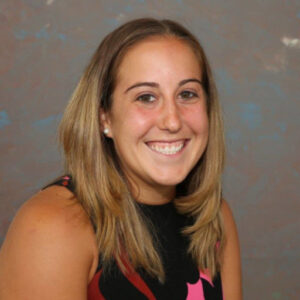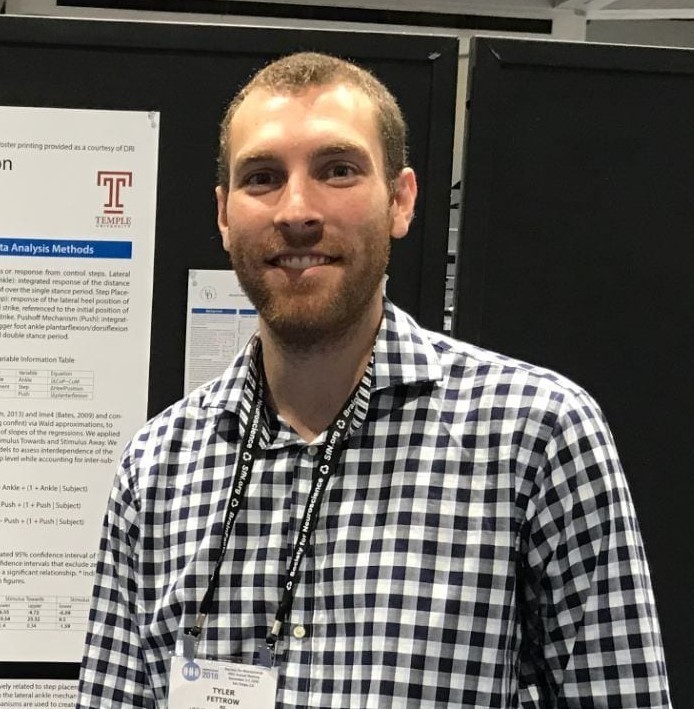Current Research Projects
Dr. Caccese Assistant Professor at The Ohio State University
One of our members has moved on to become an Assistant Professor at The Ohio State University (OSU)! Dr. Jaclyn Caccese was recognized for her hard work and devotion to the research community. In January 2020, Dr. Caccese assumed her new position at OSU at the Department of Health and...
read moreDr. Jeka gives seminars at Indian Institute of Science
Dr. Jeka visited Bangalore, India Dr. Jeka recently traveled to Bangalore, India to give two talks at the Indian Institute of Science (IISc) , which is considered the leading science university in India. He was invited as part of the Pratiksha Brain Computation and Data Science initiative,...
read moreCoBal Lab is on NPR!
Balancing in Virtual Reality: UD researchers search for answers in the Cave CoBal Lab is on NPR! Click on the link bellow and check out the publication! https://www.delawarepublic.org/post/balancing-virtual-reality-ud-researchers-search-answers-cave ...
read moreCollaborative Research in Computational Neuroscience (CRCNS)
Dr. Hendrik Reimann presented at the CRCNS meeting in Austin, Texas. The purpose of CRCNS program is to provide a theoretical foundation and a rich set of technical approaches for understanding complex neurobiological systems, building on the theory, methods, and findings of computer science,...
read moreCongrats to our new PhD. Tyler!
On the first week of April 2019, Tyler Feltrow has successfully defended his dissertation. His dissertation title was “Control of balance during locomotion” and the goal of his research was to provide a basic understanding of how the healthy human nervous system regulates balance to...
read moreSensory Processing and Balance Control during Walking in CP
The goal of this project is to characterize neural control strategies underlying walking in children with cerebral palsy (CP) to inform the development of new therapeutic approaches. In general, rehabilitation interventions focus on improving functional performance by decreasing motor deficits associated with muscle spasticity and weakness in children with CP. Far less attention has been paid to sensory processing deficits. However, recent studies have suggested that a significant contributor to the motor function deficit in children with CP may be impairment in the neural processing of tactile discrimination and proprioception information. The mechanisms associated with such sensory deficits, and how they impact motor control in individuals with CP, are unknown. The primary triad of sensory modalities that are crucial for healthy postural control are the visual, vestibular, and proprioceptive systems. We have developed innovative techniques to manipulate these sensory modalities, allowing investigation of how they support stable and flexible control of upright equilibrium during standing and walking. The long-term view is that this approach will identify mechanisms toward developing more effective sensorimotor rehabilitation paradigms for children with CP. The expected outcomes of this study include: 1) a better understanding of the relationship between sensory processing and functional mobility in individuals with CP; and 2) an elucidation of the effect of galvanic vestibular stimulation on individuals with CP. These findings may support a multi-dimensional clinical approach to potentiate typically motor-centric strategies for improving mobility in children with CP.
read more




